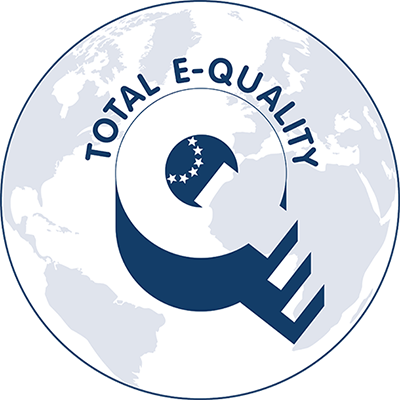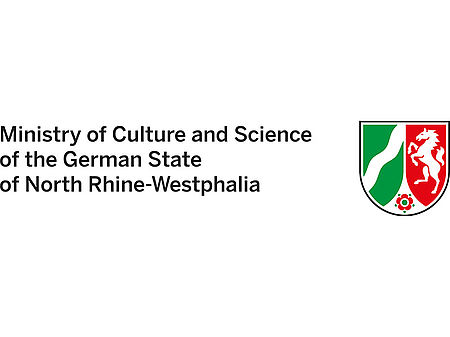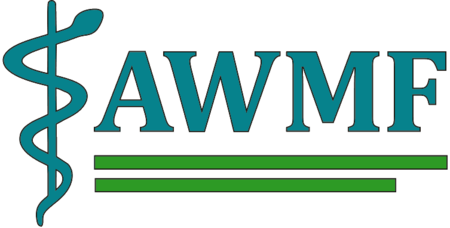DOI Service
What are DOIs and what benefits do they offer?
Recent years have seen an explosion in the number of scientific publications being published exclusively online, and the field of life sciences is no exception. This development highlights the importance of using a method to persistently identify online publications in order to ensure they remain traceable, searchable and citable over the long term.
URLs (Uniform Resource Locators) only describe the physical location of an object – and anyone familiar with ‘broken links’ will know how easily this can change. In contrast, persistent identifiers provide a reference to the object itself, which means that they continue to be valid even if the URL changes. This applies to all kinds of digital objects, i.e. to both text publications as well as research data.
There are various different persistent identifiers which can be used to ensure that an item remains traceable and citable on the Internet. The best known choices are DOI, URN, OpenURL and Handle.
Why use DOI? And how is ZB MED involved?
Compared to other types of persistent identifiers, the DOI system is widespread and well established in the life sciences, and it provides widely accepted visible proof that a publication is citable.
Via the ZB MED DOI service, DOIs for not-for-profit online publications in the fields of medicine, health, nutrition, environmental and agricultural sciences can be registered at DataCite.
For this purpose, ZB MED has founded a DOI consortium. Research institutions from the life sciences can become members of the ZB MED DOI Consortium and, after admission, assign DOIs for their research data or textual digital objects on their own.
What type of digital content can ZB MED DOIs be assigned to?
DataCite DOIs are primarily intended for research data which is produced by not-for-profit and mostly academic institutions and published in repositories.
Research data in the realm of life sciences primarily comprises:
- measurement data
- observational data
- statistical data
- images
- videos
- audio data
- sequence data
However, DataCite DOIs can also be assigned to text publications such as:
- book chapters
- journal articles
- research reports
- websites with scientific/academic contents
- conference publications
- posters
- etc.
Important
Please note that DOIs can generally only be assigned to entire collections and their constituent parts – not to individual items from a collection. That means, for example, that journal publishers are welcome to use our services to obtain DOIs for the articles that appear in their journals on a regular basis. If you are an individual author who wishes to obtain a DOI for an article or a data set, we would ask you to first discuss this issue with the editor or the publisher of the journal or the repository provider.
Contact

Katja Pletsch
DOI Service
Phone: +49 (0)221 999 892 621
Send mail
Related links
DataCite Consortium Agreement (PDF)
Publishing research data
DataCite
DataCite Brochure





